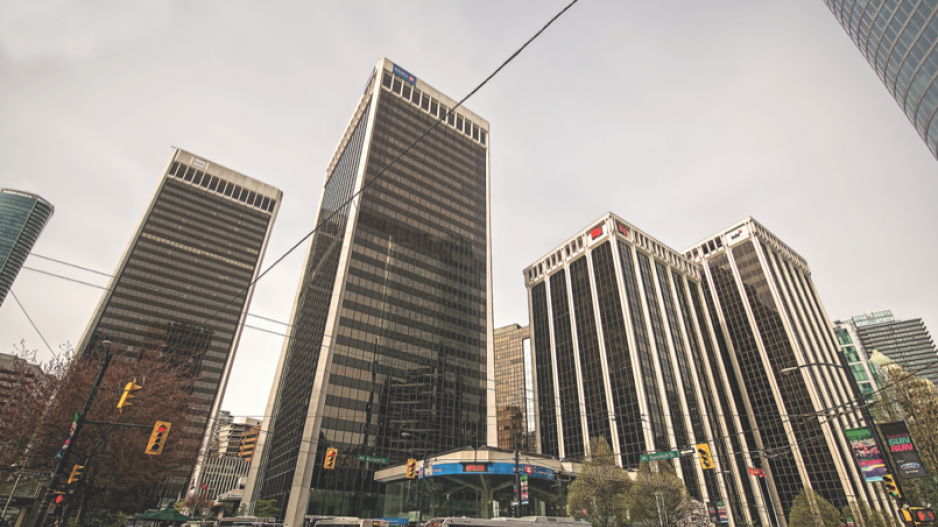The economic scale of British Columbia’s commercial real estate sector was known to be massive, but when BOMA BC commissioned Deloitte to dig down into the numbers, the findings likely surprised even industry veterans.
Based on a period of from 2013 to 2016, Deloitte discovered that B.C.’s commercial real estate sector generates an estimated $3.05 billion in total gross domestic product (GDP), total full-time employment of 39,950 and total labour impacts of nearly $2.18 billion a year.
This ranks the commercial real estate sector among the top industries in the province, based on GDP contribution and job creation.
Also, in 2016 alone, the commercial real estate sector was responsible for approximately $1.35 billion in property taxes in Metro Vancouver and Greater Victoria. The City of Vancouver itself received approximately $19.8 million in development charges alone that year.
“B.C.’s commercial real estate sector supports and accommodates B.C.’s significant commercial employment base, while generating extensive direct and indirect economic impacts throughout the life cycle of development, construction, fit-out, operations and transactions of such properties,” the report notes.
Beyond the direct and indirect economic impacts, commercial real estate provides important structuring impacts on the B.C. economy, including provision of enabling infrastructure, support of a diverse supplier base, attraction and development of talent with transferable skill sets, innovation and technology diffusion, and attraction of foreign direct investment, Deloitte adds.The report found that the office sector plays an oversized role in the impact of commercial real estate activity on the provincial economy.
Total development, construction, fit-out, operations and sales transactions related to the office sector contribute $850 million to the GDP of B.C., support 10,150 full-time jobs and provide labour income of $581 million.
And this, Deloitte notes, is only for Metro Vancouver and Greater Victoria and excludes the rest of the province.
“Therefore our estimates [of the total provincial impact] are conservative,” the auditor notes.
As of 2016, the study found that Metro Vancouver had a total inventory of 52.46 million square feet of office space, while Victoria had 7.78 million square feet.
The operation of office properties in Vancouver and Victoria resulted in more than $509 million in 2016 expenditures on utilities, maintenance and repair, administration, property management and other professional services.
This is a very big business that should not be ignored.
As Deloitte concludes, “British Columbia business leaders and government officials should effectively engage with the local commercial real estate community to ensure that appropriate decisions are made to effectively support and meet the needs of this very important sector.”




